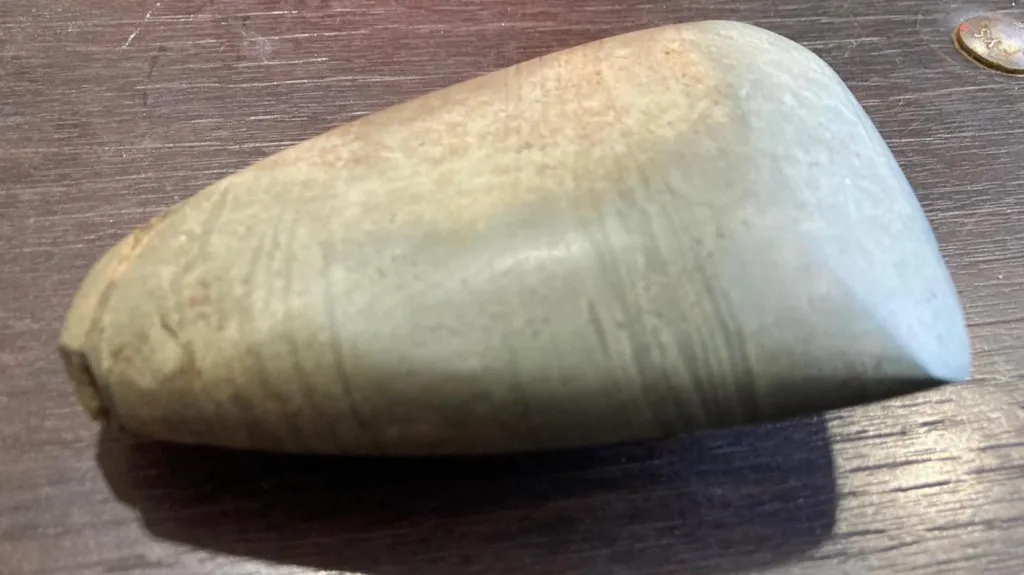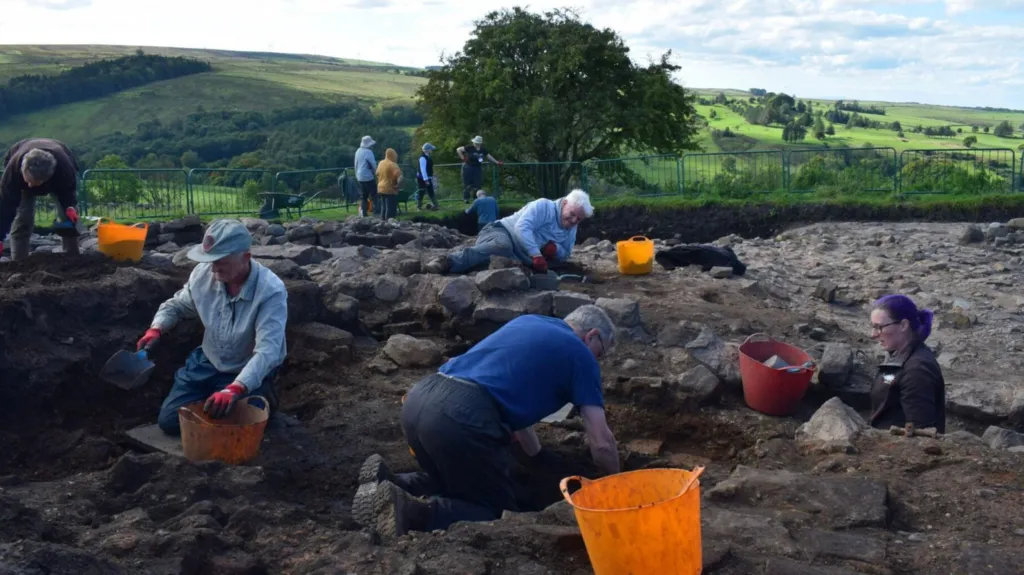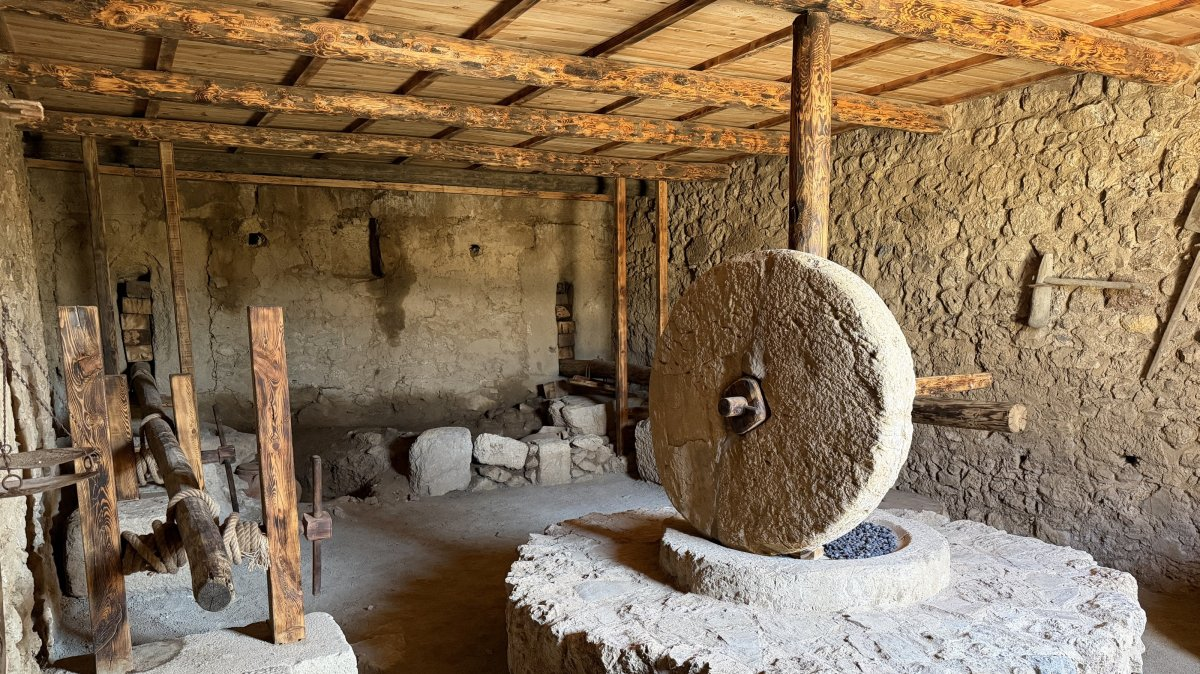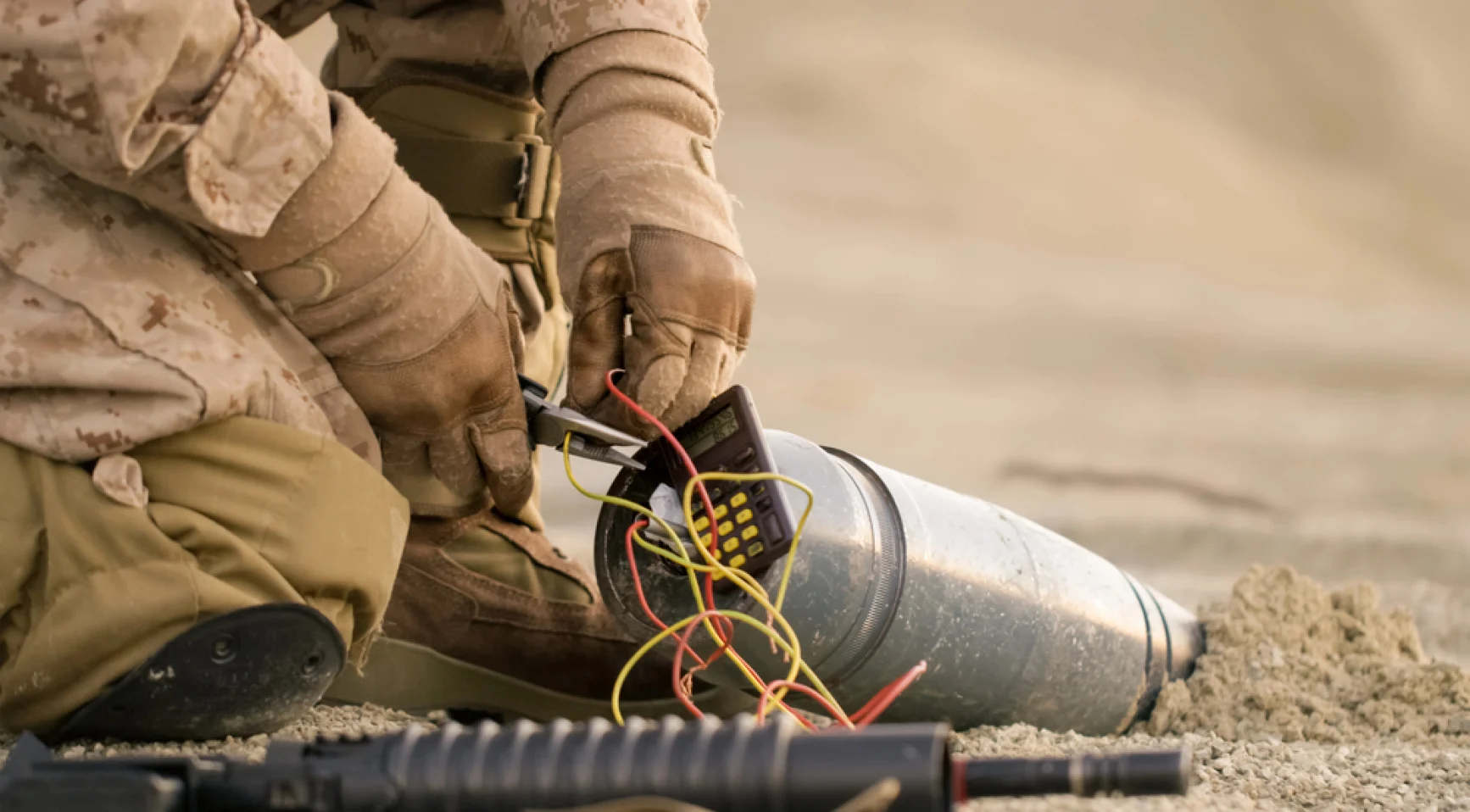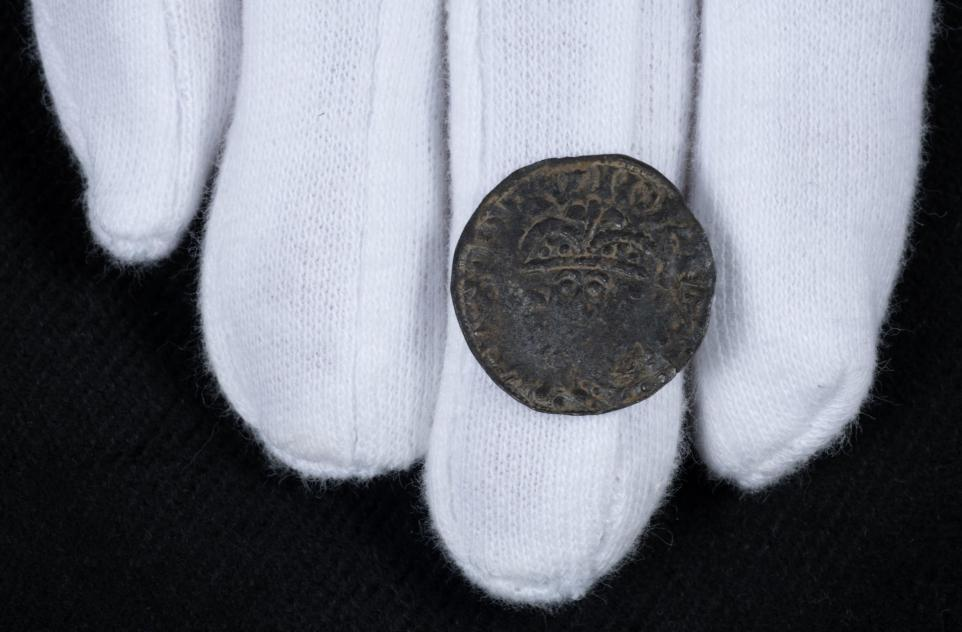Archaeologists are PETRIFIED by this new discovery in the cradle of humanity. This is a discovery that could change the way we think about human evolution! In this video, we're bringing you the story of a new discovery that has archaeologists completely shocked. This discovery could change the way we think about human evolution and the origin of our species!
This is an exciting time to be interested in paleo-anthropology: Substantial new evidence is emerging at a rapid rate, and techniques for analyzing it are becoming more and more sophisticated. But, as the arc of evolution becomes more apparent, the story also grows more complicated, murkier in the specifics, and there is no question that there will be more shocks in store.
East Africa offers one instance. Between 1.2 million and 300,000 years ago, early people lived in the Olorgesailie region in what is now southern Kenya. The early humans' environments and animal encounters, the handaxe tools they created, and the difficulties they faced are all revealed by the excavations in Olorgesailie.
In the East African Rift Valley, southern Kenya contains the sedimentary basin known as Olorgesailie. It has been extensively excavated for many years and is filled with numerous accumulated antiquities. Here, we'll look at artifacts discovered in this area that range from 1.2 million to 300,000 years old.

